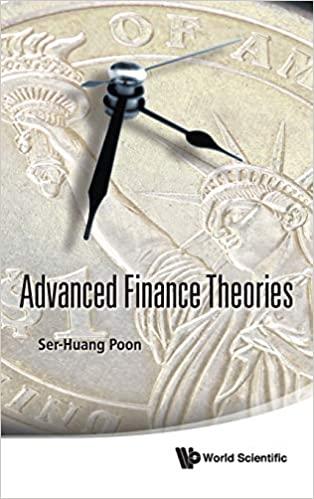Which one of the following combinations will always result in an increased dividend yield?
| | Increase in the stock price combined with a constant dividend amount |
| | Increase in the stock price combined with a lower dividend amount |
| | Decrease in the stock price combined with a lower dividend amount |
| | Decrease in the stock price combined with a higher dividend amount |
| | Increase in the stock price combined with a higher dividend amount |
Over the period of 1926-2008:
| | U.S. Treasury bills outperformed long-term government bonds. |
| | large-company stocks outperformed all other investment categories. |
| | long-term government bonds underperformed long-term corporate bonds. |
| | small-company stocks underperformed large-company stocks. |
| | inflation exceeded the rate of return on U.S. Treasury bills. |
Lester's has a market value balance sheet as shown below. The firm currently has 7,500 shares of stock outstanding at a price per share of $40. Net income is $9,500.
Excess Cash $20,000 Debt $0
Other Assets 368,000 Equity 388,000
Total $388,000 Total $388,000
The firm has decided to repurchase $20,000 worth of its outstanding stock. What will the firm's PE ratio be after this repurchase, all else held constant?






